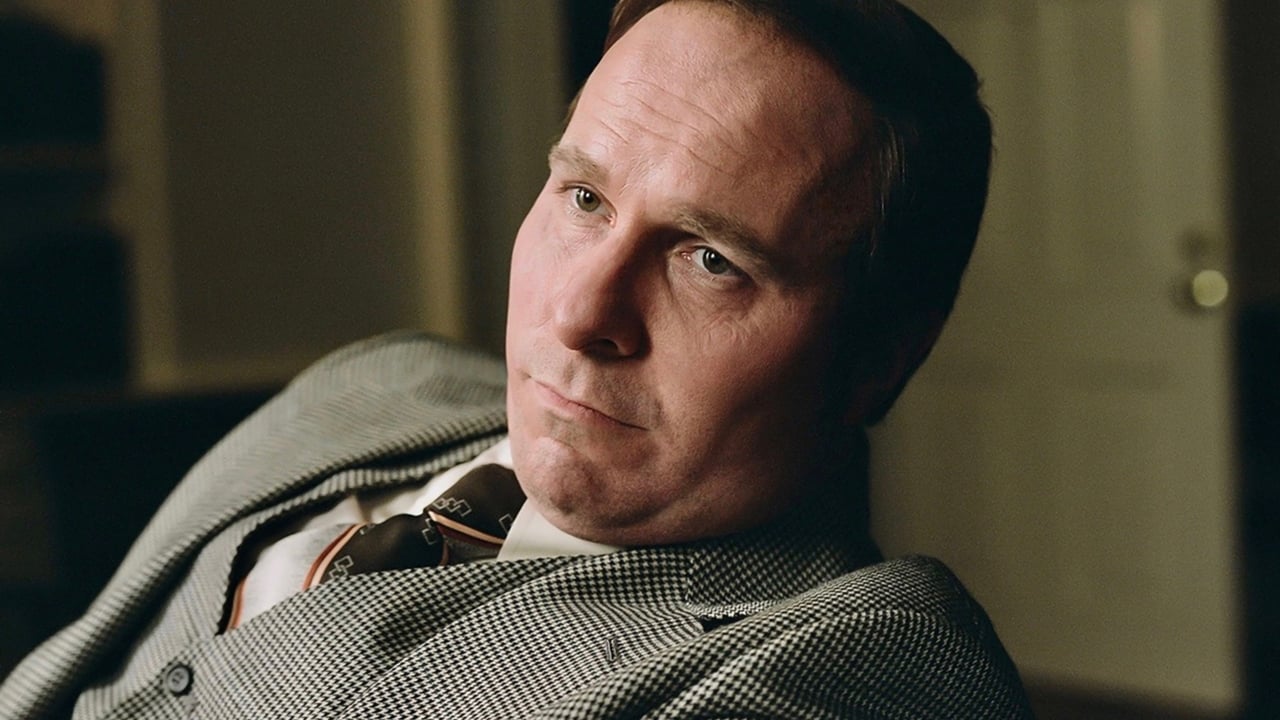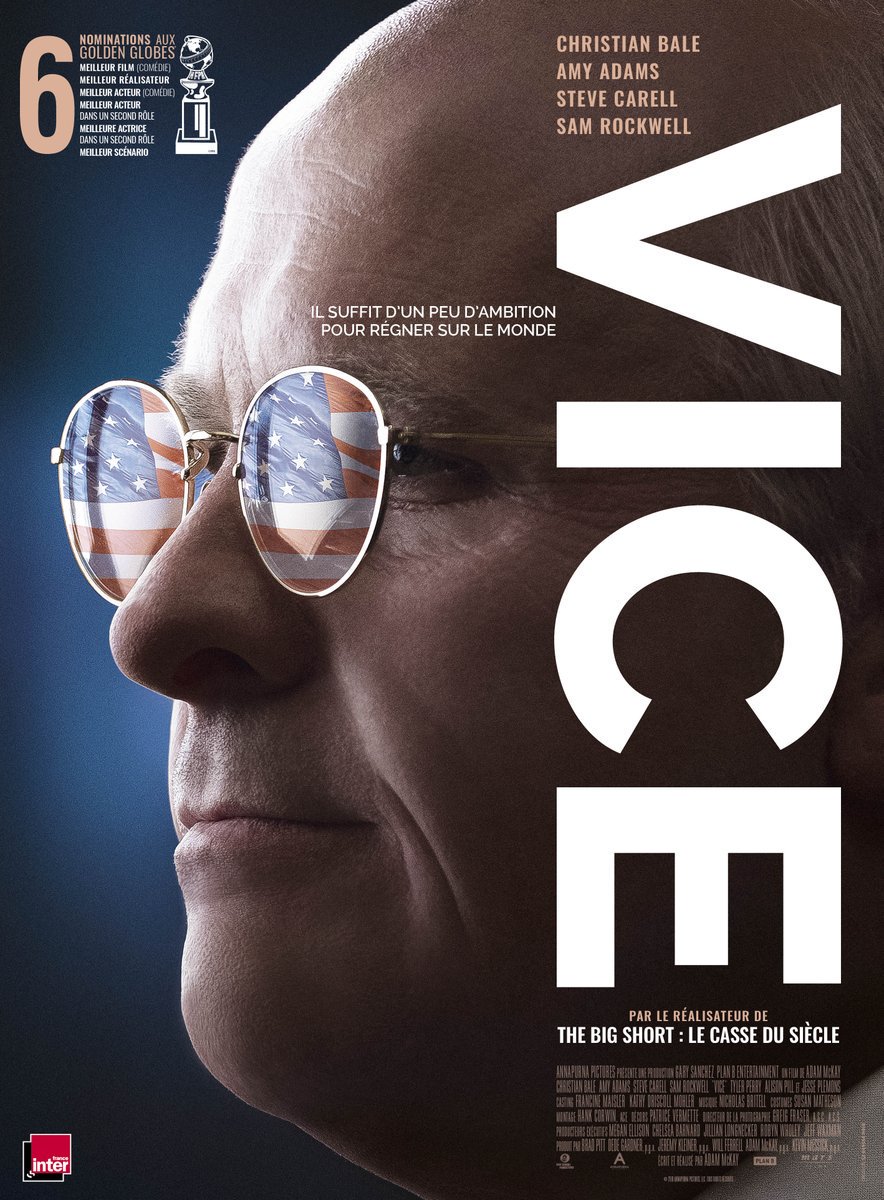

Kevin: The movie has a lot of big ideas, and is constantly deconstructing itself. Bush, Cheney and Rumsfeld “didn’t make one fucking decision,” and “The fact that there was any doubt in anyone’s mind about who the president was blows my mind.” Updegrove in The Last Republicans: Inside the Extraordinary Relationship Between George H.W. as a good-ol’-boy airhead, a patsy puppeteered by Cheney, will only further absolve him of responsibility for his disastrous presidency-just as we’ve seen in the media, who not only line the pockets of his former minions (see: David Frum, Nicole Wallace) but also have been hell-bent on rehabbing his public image, portraying one of the worst presidents in history-a man who conned us into war, mainstreamed torture, destabilized the Middle East, and sank the global economy-as a candy-passin’, joke-crackin’ eccentric artist. Marlow: With you on the Carell and Adams performances. Bush is a blast-you know, if anyone was really eager to see Dubya completely absolved of his complicity because he was, as Vice portrays, nothing more than the clueless hoot. Steve Carell seems to think he’s acting in a cartoon as Donald Rumsfeld, while Sam Rockwell’s fun and charming take on George W. Amy Adams gives the best performance in the film as Lynne Cheney, making it all the more infuriating when she essentially disappears for the last hour. His transformation is as astonishing as it was talked up to be. Bale, in my opinion, is great in a movie that lets him down completely. Kevin: The performances in this movie are all over this place. He’s a fairly likable shlub-antihero here whose smirk is more endearing than menacing, which is deeply troubling. It opens on him as a 21-year-old fuckup getting busted for a DWI (after he’s bullied into a bar fight) paints his decision to go Republican as a random choice after he’s tickled by Rumsfeld’s sense of humor and depicts him as a curmudgeonly Washington outsider who rose up the ranks due to his moxie. But more generally, Cheney’s is framed as an underdog story.

Torture up to that point (which, yes) and felt the need to offer his audience a coup de grace. And even then, it presents a sympathetic portrait of Cheney, one that points the blame for his internal struggle more at the ugliness of politics writ large than the actual man who threw his own daughter under the bus for political points plus, it feels tacked on, as if McKay realized he’d gone too easy on Mr. Marlow: Despite the best efforts of Bale, who does a fine job nailing Cheney’s mannerisms, voice, posture, gut, iciness, you name it, it’s a rather surface-level exploration of the Machiavellian politician-until the end of the film, where McKay addresses his relationship with his gay daughter. But let’s talk about the characterization of Cheney, because I agree that it’s far from a scathing portrait of the disgraced politician.

It’s an all-out assault on the senses, and not in a good way. Or what about the scene where a character describes the political climate as being as precarious as dozens of porcelain teacups towered high…only to have the action then cut to a literal tower of porcelain teacups swaying to and fro. The most glaring example is a scene in a fancy beltway restaurant wherein Alfred Molina, playing a waiter, serves a tableful of shady political operatives a menu with options like “enhanced interrogation.” It’s Borowitz-level satire-embarrassing and awfully reductive. Many of the narrative flourishes that proved sort of clever in The Big Short, from Margot Robbie riffing on subprime mortgages in a bubble bath to Selena Gomez unpacking collateralized debt obligations in a casino, really don’t work here. Sitting through Vice is the most exhausting and frustrating viewing experience of the year.


 0 kommentar(er)
0 kommentar(er)
